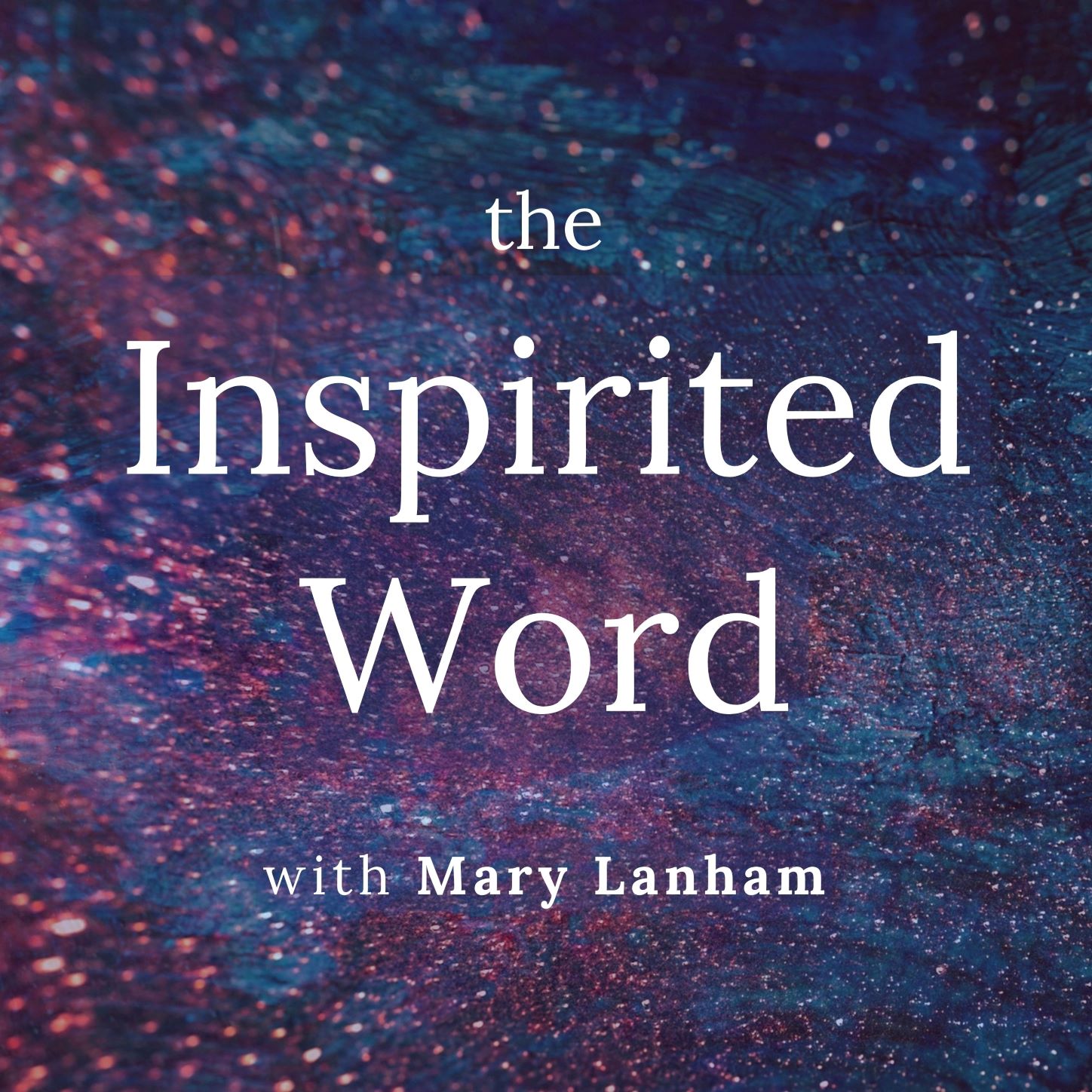How to break stubborn creative blocks (and escape the writing Panic Zone)

If you're a writer, you're probably no stranger to occasional frustrations and blocks, days when nothing you get on the page feels quite right. Maybe you've even faced longer writer's block with certain projects—those moments when you start getting the urge to print the whole thing out and pitch it into a nice, cozy bonfire.
Sometimes, though, the creative block goes deeper than a passing frustration. Sometimes you look up from the keyboard and discover your writing life has become basically all block, no creation.
Instead of writing, you're playing endless word Tetris with the same five pages of your draft and ducking away to the kitchen to make another absolutely vital cup of tea, desperately hoping you’ll stop feeling so stuck.
(Or at least, that's what a blocked writing practice often looks like for me.)
If this sounds familiar, you may be a disenchanted writer. And that's not a bad thing to be (I promise).
If you’re a disenchanted writer, you’re not actually a failure or a fatalist. You're still looking for something powerful that has been lost, even if you’re not quite sure exactly what that something is.
To put it succinctly: disenchanted writers still have the vision for our work, but we’ve lost the magic.
So, how do you get that deep magic back?
It's time to stop thinking about your creative process as a problem to solve, and time to start seeing it for what it is: a transformative, powerful relationship between you and your stories.
For a complete deep-dive into how this shift can unlock your creative vision, check out the full podcast episode! Or keep reading for the bird's-eye version.

The "panic zone" mindset
As an editor, I make my living helping writers access and articulate their deepest storytelling vision—so I'm genuinely nervous to share what I’m about to share: I’m a really bad writer.
Okay, let me qualify that. I am pretty good with words. But I’m truly, deeply bad at the actual "productive" activity of creative writing. I have been for years.
(As a heads up, there’s some brief mental health talk ahead, in case you need to be gentle with yourself today.)
Whenever I’d resolve to get back to it and actually Write a Thing, I’d end up in the same place. For a few weeks, it would be easy to show up for writing sessions. Each one left me even more excited to uncover the full, powerful shape of this new story.
Then I'd reach the Panic Zone.
I’m not talking “panic” in the sense of a manic drive, or even worrying about finishing the draft.
I’m talking about the bone deep alienation familiar to anyone with an anxiety disorder, something akin to storytelling derealization.
The same pages that were flawed but promising the week before now felt not just “bad,” but “utterly devoid of any internal meaning or substance.” Sort of like when you repeat an awkward word so many times your brain stops believing it’s language—but multiplied by every single word you’ve ever written in the past or will write in the future, nbd.
(“This sentence is a debacle. This chapter is a debacle. My entire existence is a debacle. Who am I and what the hell is a ‘debacle’??”)
But one day, right in the middle of the Panic Zone, I realized something huge.
I love the role of editor because I’m always approaching that work through the lens of relationship. I’m working with another creative. I’m working with their story, a story with potential and life outside of my personal goals or apprehensions. But when it came to my own writing, that relational container was missing.
I wasn’t writing from a place of enlivened, collaborative, generative possibility.
I was writing from a place of estrangement, evaluation, and punishing expectation—as if the story were a dead, mechanical problem to solve, and my value as a human depended on solving it.
It doesn’t have to be that way, though.
The inspirited mindset
Whenever I first feel a story emerging in my awareness, before I’ve put any words onto the page, it’s always alive.
You can take that figuratively or literally, but I honestly don’t know how else to describe it. That initial, inspiring visitation—that scrap of setting or line of dialogue—is a glimpse of something larger, deeper, and full of its own awareness and agency.
It’s like realizing you’re not alone in a room. It’s an encounter.
Here’s what I’ve learned: To escape the Panic Zone, you just have to rediscover that sense of powerful, dare-I-say transformative encounter with your living story.
I know that's a pretty abstract bit of writing advice—so here's an example to illustrate what I'm talking about. Take a moment and call to mind a written story that has had a deep, personal impact on your life. Ideally one of the first stories that had this kind of effect on you.
Feel into what it was like to read that story. Remember the amazing gifts it gave you, exactly when you needed them: the possibilities it revealed, or the companionship it offered, or the ways it nurtured abandoned or lost parts of you.
Now consider this question. If you can interact with a story in the ways you have with this particular beloved story—ways that are so deeply personal, ways that exert tangible change and transformation—can’t stories be described as alive?
Here's the next question: When was the last time you encountered one of your own stories this way as you were writing it?
Have you ever approached your own writing this way, not as if it were a series of plot issues to resolve or mechanics to perfect, but as if it were a presence you were in relationship with? As if it were a beloved? As if the words that make up your work are inspirited and alive rather than mechanical and dead?
What might be possible if you wrote in relationship with your stories, if you encountered your stories as if your entire creative process were inspirited and alive?
Nurturing creativity as a living relationship (and not a set of panic-inducing Objectives) goes deeper than an aspirational spreadsheet or quick-and-easy outline model. It’s the proverbial journey—but the results are so much more transformational.
Even the smallest steps into this new mindset can have powerful results for your writing process.
Here's a quick practice to get you started. Open a clean page in your current work in progress, the one that you just can't get unblocked, and write this question at the top: What do you need to feel welcome here? Fill the page with whatever comes into your brain.
But don't just ask yourself this question. Ask your story, too.
Invite it to speak to you, and see what emerges.
Hello! I’m Mary Lanham, an editor committed to helping queer, nonbinary, and femme writers fully access their deep creative vision.
If you’re writing speculative fiction that illuminates margins, or if you’re creating nonfiction on radical spirituality and personal development, let’s set your most luminous, mythic, and inspired storytelling loose.